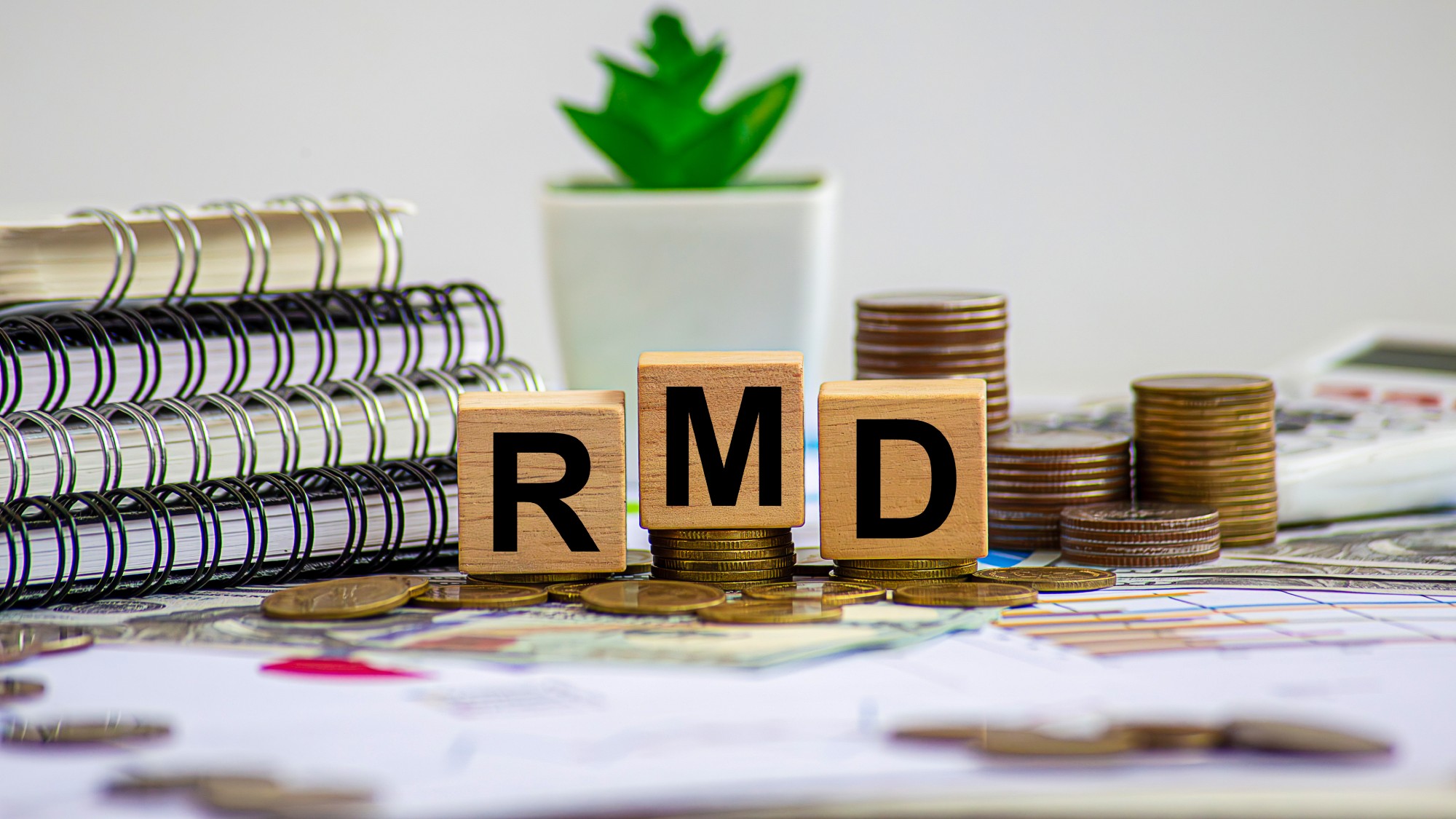Pension tax changes: what you need to know
George Osborne makes death a little cheaper by dropping an unpopular pension 'death tax'

A free daily email with the biggest news stories of the day – and the best features from TheWeek.com
You are now subscribed
Your newsletter sign-up was successful
Chancellor George Osborne made a splash at the Conservative Party conference this week by announcing plans to scrap an unpopular pension tax. From April next year the so-called 'death tax' will be abolished. So, what does that mean for you?
What is changing?
Currently some inherited pensions are subject to a 55 per cent tax. If you are over 75 and die with money left in your pension pot your family gets less than half of it. The only exceptions are if the pension has never been touched and the person who owns it dies before the age of 75, or if a spouse, civil partner or dependent child under the age of 23 takes an income from it.
The Week
Escape your echo chamber. Get the facts behind the news, plus analysis from multiple perspectives.

Sign up for The Week's Free Newsletters
From our morning news briefing to a weekly Good News Newsletter, get the best of The Week delivered directly to your inbox.
From our morning news briefing to a weekly Good News Newsletter, get the best of The Week delivered directly to your inbox.
From April 2015 that 55 per cent tax will disappear. This means that if the pension saver dies before the age of 75 the pension can pass to their beneficiaries totally free of tax.
Pensions belonging to someone who dies aged 75 or over will be free from the 55 per cent tax but income tax will be levied at the new owner's top rate. So, if the beneficiary pays 20 per cent income tax then they will have to pay that on money taken from the pension too.
What about annuities?
If the pension has been used to purchase an annuity then this tax change will have no affect. Unless the annuity included a provision for a lump-sum payment on death then beneficiaries won't get any money at all.
A free daily email with the biggest news stories of the day – and the best features from TheWeek.com
This move is likely to make annuities even less popular as people can now think of their pension as something that can benefit their children as well as themselves, whereas with an annuity the money is non-refundable even if the person dies shortly after buying it.
Will this affect my inheritance tax bill?
Pensions are not considered part of your estate so were never liable for inheritance tax. The 55 per cent tax was levied instead. With that tax now scrapped pensions could be a very attractive way for people to reduce their inheritance tax bill.
For example, a higher rate taxpayer could put £40,000 into a pension and see it immediately increase to £66,700 thanks to pension tax relief. That money would then pass tax-free to their beneficiaries if they die before the age of 75, or taxed at 20 per cent if withdrawn as an income by a basic-rate paying heir.
Will this affect my final salary pension?
I'm afraid not. Most people with a 'defined benefit' or 'final salary' pension are not able to pass on their pension assets. But some schemes do allow you to transfer out. So, for example, in exchange for an annual pension of £10,000 you can accept an equivalent capital sum, of perhaps £300,000. From next April that capital can be passed on to beneficiaries.
Why the change?
There's nothing like a looming election to make government's deliver some tantalising tax changes. This one has come as a surprise to many as it was thought Osborne would only cut the tax, not abolish it completely.
The move plays well with the government's aim to get more of us putting money into out pensions. Knowing that the money can now be passed on after we have died without the bulk of it going to the taxman is likely to mean that more people will save for their retirement years.
-
 The EU’s war on fast fashion
The EU’s war on fast fashionIn the Spotlight Bloc launches investigation into Shein over sale of weapons and ‘childlike’ sex dolls, alongside efforts to tax e-commerce giants and combat textile waste
-
 How to Get to Heaven from Belfast: a ‘highly entertaining ride’
How to Get to Heaven from Belfast: a ‘highly entertaining ride’The Week Recommends Mystery-comedy from the creator of Derry Girls should be ‘your new binge-watch’
-
 The 8 best TV shows of the 1960s
The 8 best TV shows of the 1960sThe standout shows of this decade take viewers from outer space to the Wild West
-
 What to know before filing your own taxes for the first time
What to know before filing your own taxes for the first timethe explainer Tackle this financial milestone with confidence
-
 Six ways to boost your finances in 2026
Six ways to boost your finances in 2026The Explainer It’s not too late to make a new year’s resolution to finally get organised money-wise
-
 3 required minimum distribution tax mistakes to avoid
3 required minimum distribution tax mistakes to avoidThe Explainer Missteps in making withdrawals from tax-advantaged retirement accounts can cost you big
-
 Is duty-free shopping worth it?
Is duty-free shopping worth it?the explainer How to determine whether you are actually getting a good deal
-
 What the 2025 Autumn Budget could mean for your wallet
What the 2025 Autumn Budget could mean for your walletThe Explainer Chancellor Rachel Reeves will reveal her latest plan to balance the nation’s finances in November
-
 What taxes do you pay on a home sale?
What taxes do you pay on a home sale?The Explainer Some people — though not many — will need to pay capital gains taxes upon selling their home
-
 Clean energy tax credits are going away. Here's how to get them before it's too late.
Clean energy tax credits are going away. Here's how to get them before it's too late.The Explainer Trump's recently passed megabill promises the early demise of clean energy tax credits
-
 How will the new tax deductions on auto loans work?
How will the new tax deductions on auto loans work?the explainer Trump's One Big Beautiful Bill Act introduced a tax deduction on auto loan interest — but eligibility for the tax break is limited